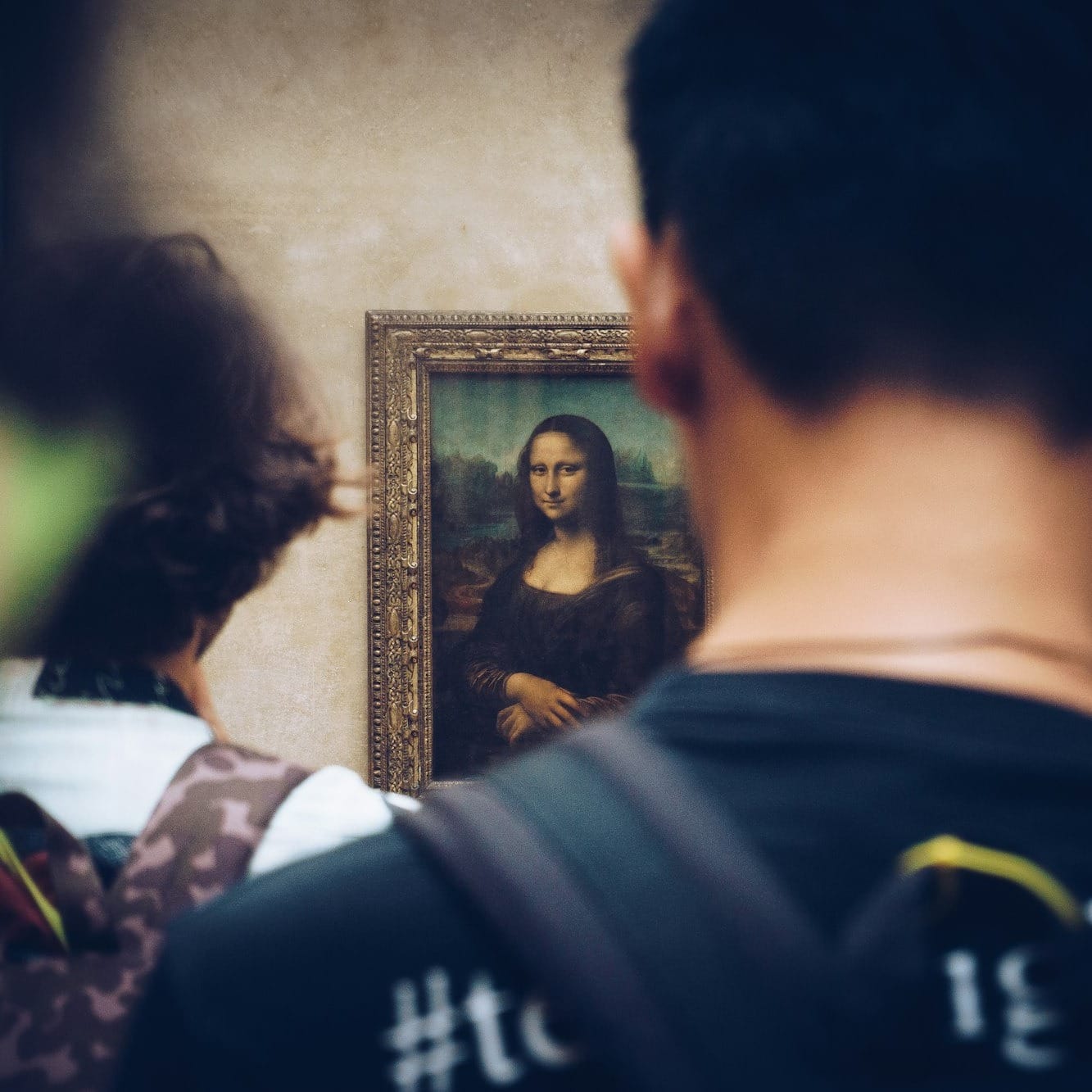Beyond Formal Education

Today at a Glance
- Walk the Path: Formal education is just the beginning – true mastery comes from chasing our passions and building something meaningful for ourselves and others.
- Leonardo da Vinci: This Renaissance polymath had a wide range of interests and projects. His notebooks are filled with lists of ideas, inventions, and tasks, ranging from scientific experiments to artistic commissions.
- Writing Your Goals: Research confirms that writing down your goals, both big and small, increases your chances of achieving them. It helps with clarity and commitment.
Walk the Path

If you compare today to the past, the world is now more complicated. There are various bodies of knowledge in different fields. There is a lot of formal education in most of them – Biology, Physics, and more.
Many famous scientists of the past did not have the education we currently have now. They follow their curiosities to understand the world, read whatever content available related to what they are curious about, and connect with people with similar interests.
They actively seek out knowledge, ask questions, and pursue their curiosities. The most successful of them have a passion for self-directed learning. They don't simply rely on formal education and institutions.
That is how they discover something new that is not yet established in the field. Many scientists, inventors, and entrepreneurs do it to do groundbreaking stuff. Amazon wouldn't have existed if not for Jeff Bezos. So does Facebook for Mark Zuckerberg, Paypal for Elon Musk, SM Malls for Henry Sy, and more.
They either follow their curiosities, do what they are good at, and, at the same time, build something for the community. And they were not necessarily good about it in the beginning. They didn't necessarily know how to build them on what they currently are in the present.
As part of Mattia Group's identity, we promote developing the values of being a life-long learner, growth mindset, action-oriented, and open mind. It is important to have self-responsibility with our curiosities and goals. Your vision is your responsibility. Walk the path because no one else can walk your path.
No one else will fulfill our vision for our own lives except us.
Leonardo da Vinci

Leonardo da Vinci was a true genius, famous for his beautiful paintings like the Mona Lisa. But did you know he was also an inventor and a scientist? Leonardo's secret to success was his love for planning. He filled notebooks with his ideas, sketches, and lists of things to do.
- Sketched detailed designs: Leonardo would draw intricate plans for his inventions, like flying machines and even robots.
- Outlined scientific experiments: He carefully planned investigations into anatomy, physics, and other fields.
- Jotted down observations: He recorded his thoughts on nature, art, and the world around him.
Writing Your Goals

We can all learn from Leonardo's approach. By writing, he organized his thoughts, tracked his progress, and held himself accountable. Writing served as a tool for reflection, allowing him to refine his ideas and prioritize his actions.
A research study showed writing down our goals can help us achieve goals.
- Clarity
- Commitment
- Personal responsibility
When we put pen to paper, our vague aspirations become clear. It will empower us to create actionable plans and a sense of ownership. No one will achieve our life goals except us.
Write your short-term and long-term goals. Break down complex goals into smaller, manageable tasks. Regularly review and update your goals as you progress.

Comments ()